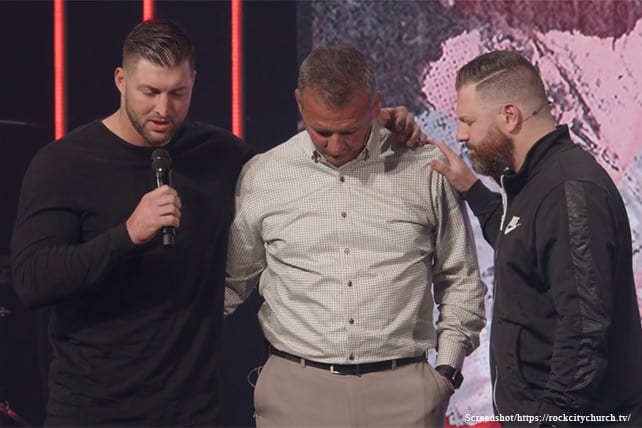When you’re working with children, never underestimate the important truths they can understand. Regarding kids’ spiritual gifts, young students can grasp several key biblical concepts:
- God gives each person different gifts and abilities (Matthew 12:14-29; Romans 12:6).
- God gives us gifts to use in serving others (1 Peter 4:10; 1 Corinthians 12:7; Mark 10:43-44).
- God wants us to develop and use the gifts he has given us (Matthew 25:14-29; 1 Peter 4:10).
- God will help develop kids’ spiritual gifts and will give them opportunities to use those gifts to serve others. (The lives of various Bible characters such as Moses illustrate these truths.)
- When each person uses the gifts God has given him, the body of Christ works properly (1 Corinthians 12:14-26).
Explore and Harness Kids’ Spiritual Gifts
In your children’s ministry program, you can help kids recognize, develop, and use the many gifts which with God has blessed them. Ways to do that include:
- Develop a personal understanding of kids’ spiritual gifts. Bible passages to study include 1 Corinthians 12; Romans 12:3-8; and Ephesians 4:11.
- Let children discover various spiritual gifts by involving them in character studies. For example, a study of Dorcas will help kids understand the gift of serving.
- Encourage the discovery of kids’ spiritual gifts. Allow them to complete gift inventories and participate in activities that use various gifts.
- Provide opportunities for children to develop and use their gifts.
Kids’ Spiritual Gifts: 3 Ideas to Try
1. Together We Can Do It!
Preparation: Make a list of six tasks children do each day such as—call a friend to get a homework assignment; collect and take trash out; eat breakfast. Write each task on a large note card.
Have six different colors of paper cut in small squares (3X3). On each color write one body part. For example, on all the red squares write the word “nose” or draw a picture of a nose.
Learning Activity: Give each child a colored square. Ask them to find every other person with that same colored square to form a team. Give each team a task card. Challenge them to perform their task with the body parts they have been assigned. Very quickly they will begin to complain that they cannot perform the task. Respond with, “Why not? What do you need to perform the task?”
Ask them to make new teams. This time they are to form teams of six with every person holding a different colored square. Ask them to read the task card and determine how they will accomplish the task using every team member.
Discussion: Why weren’t you able to complete the task the first time? Why were you able to complete the tasks this time?
Have students turn to 1 Corinthians 12:14-20. Read the passage aloud.
The writer of these verses wanted us to understand that being a member of Christ’s body is just like being a body part. Could you finish the task you were given with just one body part? Is one body part any more important than another body part? Why not? What are some of the tasks we have to do because we are Christ’s body? How will we be able to do them?














